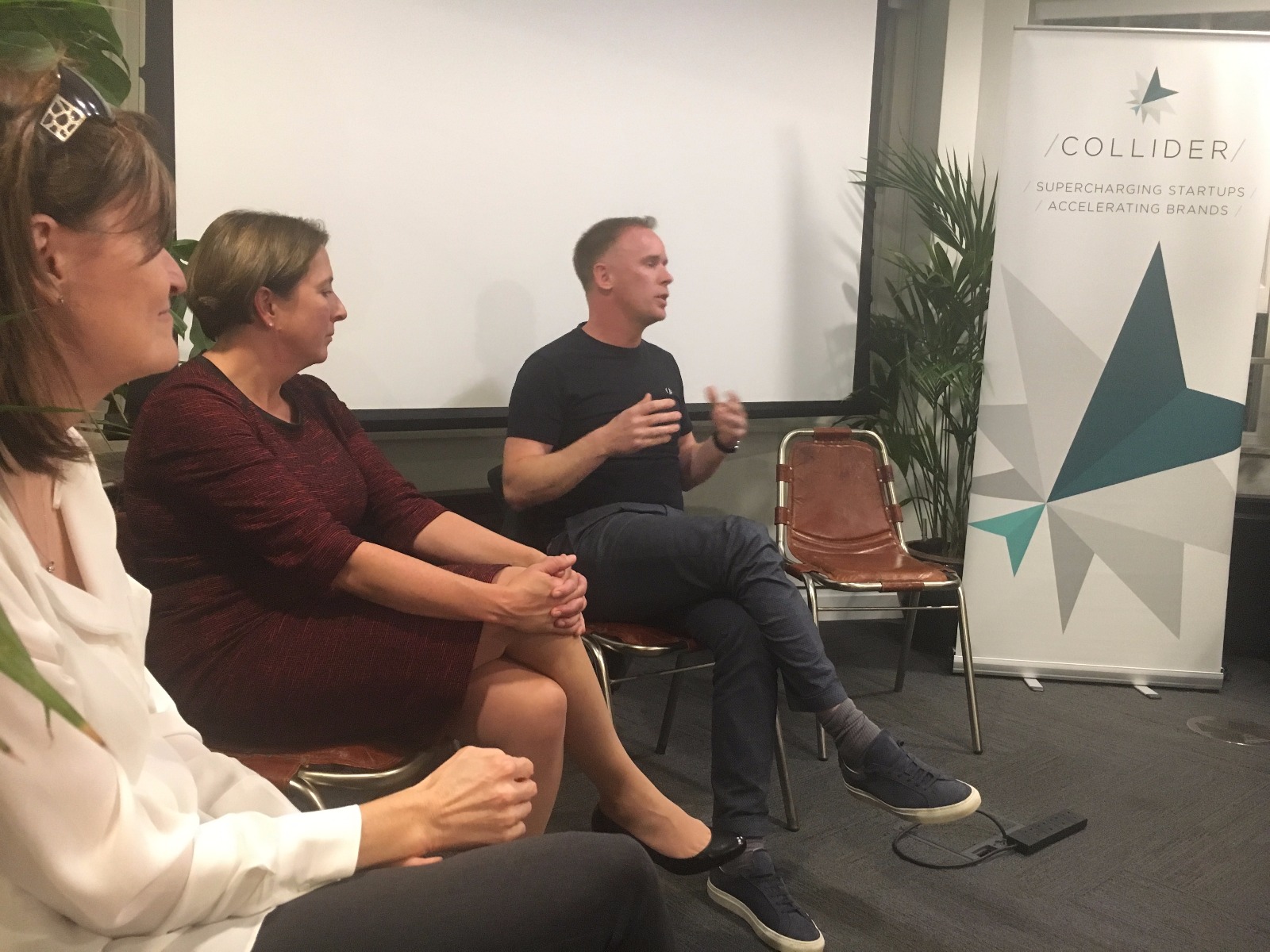[youtube http://www.youtube.com/watch?v=RQhmOXhgNUY?rel=0] In his second report to the Prime Minister, Growing your Business: A report on Growing Micro Businesses, Lord Young highlights the increasing importance that micro businesses (those which have less than 10 employees) have on the success of the economy. You can read the first report here, which focuses on the first steps to starting your own business.
Making up 95% of all businesses, Lord Young identifies that by helping startups develop their confidence and capability to grow, this also helps the UK to get ahead in the global race by supporting all the technological talent here.
Lord Young, the Prime Minister’s enterprise adviser, said: "We have one of the best environments in the world for the creation of new firms. What this report endeavours to do is to help and encourage all those new firms to now take on their first employees and grow.
"Growing our smallest businesses would transform our economy — they are the vital 95%. If just half of the UK’s micro businesses took on an additional member of staff, unemployment would be reduced to almost zero. We need to raise the aspirations and confidence of these businesses and give them the tools to grow."
The Government hopes to help thousands of new businesses get off the ground by expanding their startup loan scheme. By opening up £230 billion worth of public sector contracts to small businesses, will help boost growth and transform the economy.
One of the most important changes he recommend is to remove the age cap for the loan, which is currently set at 30 years old. This would open the scheme up to entrepreneurs that would otherwise struggle to secure the necessary finance and support can benefit.
Also, Lord Young conducted a live webchat from 10 Downing Street this morning with Simon Finch of Finch Installations, who recently secured a £9,000 Start-up Loan, and Anthony Lau, founder of Cyclehoop and 2009 winner of The Pitch. They discussed how business owners can grow a successful company, and you can read it all here.















